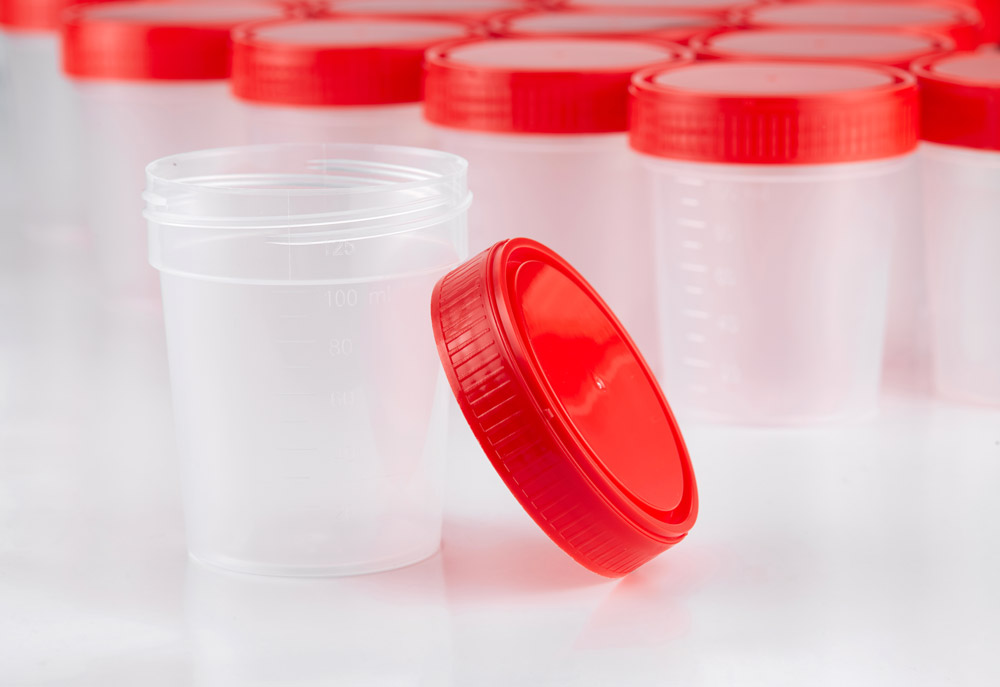According to the National Safety Council, almost 9 percent of working adults have a substance use disorder of some kind.
When broken down by industry, construction trades see the highest percentage of their employees with SUDs at around 19 percent. Second is service occupations at approximately 15 percent, and third is transportation and material moving at nearly 14 percent. Moving down the list a bit, you will even find the education industry sitting at an alarming 8 percent.
The bottom line is that substance abuse among working individuals, regardless of the industry, is not terribly uncommon.
Fighting the Figures
The US Department of Labor reported that 65 percent of on-the-job accidents were caused by drug and alcohol abuse in the workplace. Included among them are those that lead to emergency room visits, worker’s compensation claims, and fatalities. Given the causes of these accidents, we must ask ourselves— are many of them preventable?
As an employer, you have the right to keep your workplace substance-free. You also have the right to hold your employees to a high standard when at work— but is your organization making this standard clear?
A drug testing program is one of the most effective ways to discourage substance use on the job and promote a healthier work environment. However, there are some important things to consider before hopping straight into the deep end. Before solidifying any kind of drug screening process, be sure to consider the following:
1. What do your state laws say?
While employers have rights, so do consumers— and these rights can vary from state to state.
One of the biggest state-to-state drug testing nuances concerns marijuana. In some states, employers cannot refuse to hire, terminate, fail to promote, or take adverse action of any kind against an individual based upon their status as a qualifying medical marijuana user. Some states have similar statutes regarding recreational marijuana use. While others such as Nebraska, Georgia, and Texas don’t restrict an employer’s decision when it comes to cannabis use.
If you are not aware of what regulations apply in your state, it is important to choose a reliable drug screening partner that can help you plan and execute a compliant testing program.
2. What type of test best suits you?
There are three primary types of drug tests, namely, hair, saliva, and urine. Blood tests also exist but aren’t too common in employment screening programs.
Urine tests are the most common and can provide instant negative results. Hair tests can extend timelines much further than urine tests, detecting substance use months into the past. However, hair samples won’t tell a very accurate short-term drug use story. Saliva tests are perhaps the least invasive but have the shortest drug detection timeline. In oral fluid, drugs are detectable for 5-48 hours.
In short, there are different tests for different needs. Some organizations conduct both a hair and urine test on new hires to cover more bases. Some aren’t as concerned about historical use and opt for a saliva test. Every situation is unique and requires careful consideration.
3. One-time or ongoing?
We have found that substance-free work environments are best maintained when there is ongoing testing. These can be scheduled tests, random tests, reasonable suspicion tests, return-to-duty tests, or a combination of them all. Regardless, drug testing on an ongoing basis works to keep employees accountable past their date of hire.
4. What are your policies?
Lastly, it’s important that you establish a firm (yet compliant) drug testing criteria, eliminating as much variability as possible. This will remove the guesswork and struggle when you encounter positive drug test results. Determine what is acceptable and what is unacceptable given your unique industry, culture, goals, and of course, your local laws.
Takeaways
Drug screening is a very beneficial practice that all employers should learn to embrace. As we have learned, substance use is very common and can be detrimental to the workplace. Establishing a drug testing program is a simple thing that will go a long way in encouraging a safe and stable work environment.
For more information, visit us online.










